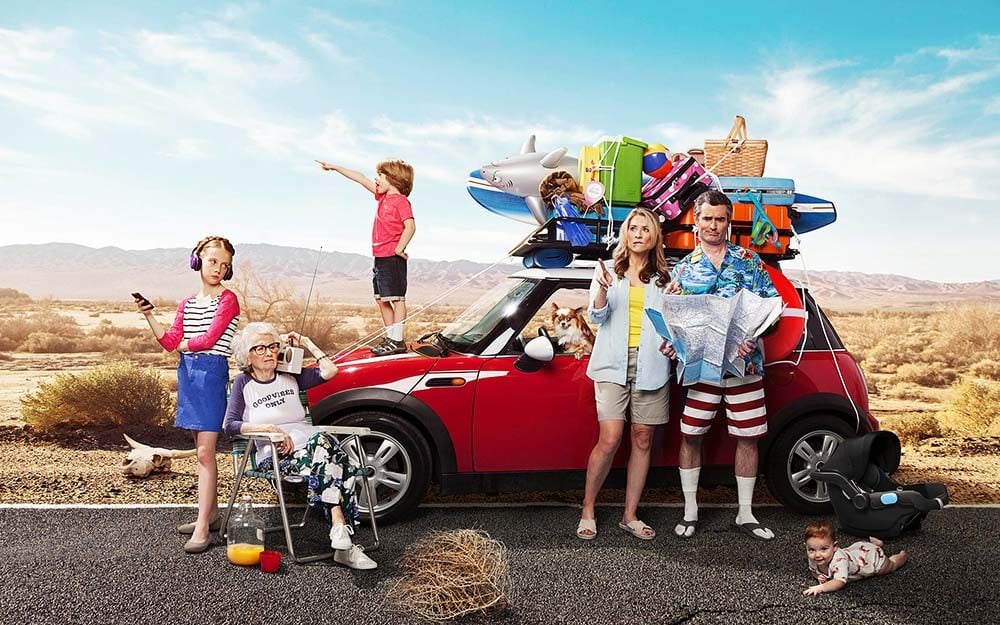Environmentally-Friendly Travel Strategies For Your Family’s Next Vacation

While out shopping, how much time do you find yourself spending in the store’s parking lot? On a busy day, it’s not hard to imagine just how long shoppers can waste trying to find parking. This issue extends much further than just while out shopping, so much so that recent research indicates Americans spend an average of 17 hours per year searching for parking spots at their destinations. This issue is exacerbated in more populated areas such as major U.S cities. This parking dilemma is an issue felt globally as well, with drivers in the United Kingdom spending an average of 44 hours a year searching for parking. One thing is clear, the time spent searching for parking can cause delays on anyone’s schedule and can have a negative impact on reserving a vehicle’s fuel. On the bright side, there are a number of ways to both save gas and lower your carbon footprint while on the road.
Opting into more effective forms of environmentally friendly travel, such as public transportation, are one of these ways. Though it is a more limited option for travelers around the world, if you’re looking to travel locally in your area, public transportation is likely the cheapest option you have. For trips outside of your local vicinity with friends or family, another alternative is carpooling. Reducing the number of cars on the roadways, in addition to saving your travel group time, are amongst the reasons why so many consider this a useful alternative.
For those situations where public transportation won’t suffice, there are some considerations drivers can make to keep emissions down. One of them being how many items are stored in your vehicle. If you’re planning on traveling, empty your vehicle of any unnecessary items prior to loading in your luggage to ensure the vehicle is not overweight capacity. Other auxiliary functions you might not think of too often also contribute to your carbon footprint. Blasting your air conditioning rather than driving with the windows down, immediately cranking the heat up to max on a winter day, and even maintaining a speed above the speed limit can increase carbon emissions and decrease expected mileage of your vehicle. These are all habits that are overlooked by many drivers around the world but can make a significant difference if reduced.
In addition to these traveling tips, it’s worth keeping an eye on how often the vehicle is being cycled on and off. Turning the vehicle on and off too frequently can contribute to unnecessary carbon emissions and wear on the vehicle. This is particularly true when in a parking spot. For example, if your family stops at a rest stop to use the restroom, or snag a few snacks from the vending machines, turn off your vehicle in order to conserve fuel.
While it can be frustrating to deal with some of the issues of the road, it’s important that every family takes a more forward-thinking approach to reducing emissions throughout these travels. For more information on how your family can contribute to these reductions, take a look at the accompanying infographic featured alongside this post.
Author bio: Ian Todd is Director of Automated Parking Systems for Westfalia, a York, Pennsylvania-based manufacturer. Todd has more than 15 years of experience in automated parking systems in both Europe and the Americas, where he has held roles in product development, project management, marketing, and business development and sales.

